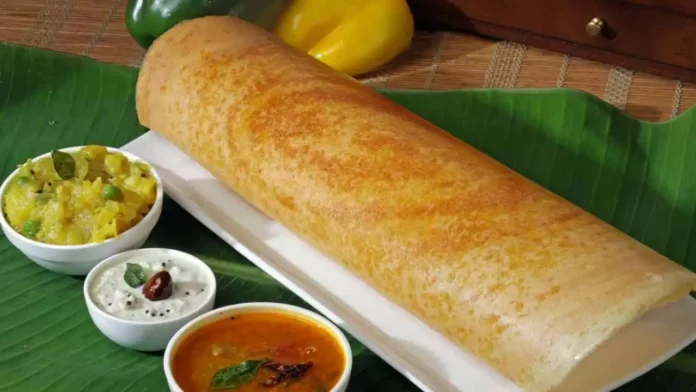The Gujarat Appellate Authority for Advance Ruling (GAAAR) has ruled that instant mixes such as idli, dosa, and khaman flour do not fall under the categories of chhatua or sattu, and thus should be subject to an 18% GST. This decision came after Gujarat-based Kitchen Express Overseas Ltd contested the ruling by the GST advance authority. They argued that their seven ‘instant flour mixes’ are not considered ‘ready to eat’ but instead require specific cooking procedures, thus qualifying as ‘ready to cook’.
The company offers flour mixes in powder form, including gota, khaman, dalwada, dahi-wada, dhokla, idli, and dosa. They argued that these mixes are similar to Sattu and should therefore be subject to a Goods and Services Tax (GST) of 5 percent.
GAAAR Ruling on Instant Flour Mixes
The GAAAR dismissed the appellant’s argument, stating that the ingredients used in the production of “instant flour mixes” are not governed by the applicable GST regulations in the same manner as Sattu.
As per a CBIC circular, minor quantities of ingredients used in the preparation of Sattu are explicitly outlined in the GST regulations as qualifying for a 5 percent tax rate.
“Nevertheless, the clarification mentioned does not apply to the current scenario since the products being distributed by the appellant incorporate spices and additional ingredients, a distinction from ‘chhatua or sattu’,” stated the GAAAR.
Continue Exploring: MTR Foods celebrates centenary with record-breaking 123-foot Dosa
The appellate authority further emphasized that the necessity for the end consumer to undergo specific food preparation procedures before consuming the instant mix flour does not justify exempting it from the 18 percent GST levy.
Abhishek Jain, Partner and Head of Indirect Tax at KPMG, noted that classification disputes are frequently encountered and represent one of the most prevalent areas of litigation within the GST framework.
“Even with the issuance of circulars, varying interpretations of the clarifications within these circulars have frequently heightened the difficulties,” remarked Jain.
Rajat Mohan, Executive Director at Moore Singhi, stated that the Gujarat Appellate Authority for Advance Ruling (AAAR) upheld the decision of the Advance Ruling Authority (AAR). They classified several flours under the ‘Kitchen Express’ brand, such as Khaman and Dhokla, under Chapter Heading (CH) 2106 90 99, consequently subjecting them to an 18 percent GST rate.
Mohan explained that the decision was based on the notable inclusion of additives like sugar, salt, and spices in the products. This differentiation sets them apart from the more straightforward flours categorized under chapters 1101, 1102, or 1106, which are taxed at a rate of 5 percent under the GST.
Mohan added that the AAAR clarified that CH 2106 90 99 covers ‘ready to cook’ food preparations. They rejected the appellant’s comparison to ‘sattu,’ affirming that the significant presence of additives in the appellant’s products warrants the imposition of the higher tax rate.
Continue Exploring: Swiggy reveals fascinating insights ahead of World Dosa Day: 29 Million dosas delivered in past year, Bangalore leads dosa consumption





